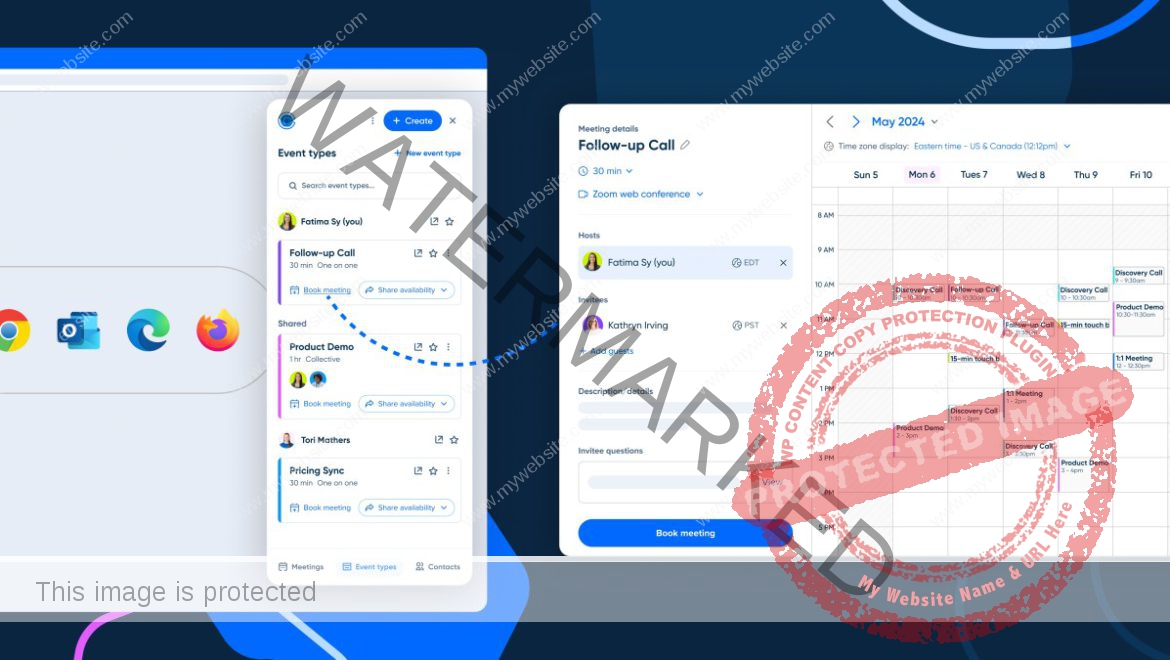India's Oyo, once valued at $10 billion, seeks new funding at 70% discount | TechCrunch
Oyo, the Indian budget-hotel chain startup, is negotiating with investors to raise a new round of funding that could cut the Indian firm’s valuation to $3 billion or lower, three sources familiar with the matter told TechCrunch.
The startup is engaging with investors, including Malaysia’s sovereign wealth fund Khazanah, for the new funding, the sources said, requesting anonymity as the matter is private. The new funding round is likely to see some secondary transactions as well that will value the startup at as low as $2.5 billion, the sources added.
The proposed terms, if they materialize, would represent a steep drop from the peak valuation of $10 billion at which Oyo raised a funding round in 2019. A valuation of $3 billion or less would also be lower than the amount of capital Oyo has raised against equity and in debt over the years.
The deliberations for the new funding are ongoing, and its terms may still change, or a round may not materialize, the sources cautioned.
The curt in valuation is hardly a surprise. SoftBank, which owns more than 40% of Oyo, internally cut the valuation of the Indian startup to $2.7 billion in 2022. Oyo said at the time that there was “no rational basis” for the markdown of its valuation.
Oyo – which counts SoftBank, Airbnb, Peak XV Partners, and Lightspeed Venture Partners among its backers – disputed the “rumors,” asserting there wasn’t any “concrete transaction.” Khazanah didn’t respond to a request for comment. The terms about the proposed valuation haven’t been previously reported.
The deliberations for the new funding follow Oyo reportedly withdrawing its draft red herring prospectus for an initial public offering for the second time. The Indian startup originally filed the paperwork to go public in 2021, seeking to raise about $1.2 billion at a valuation of $12 billion at the time.
India’s market regulator, SEBI, has not approved the startup’s application for an IPO.
According to local media, Oyo’s founder and chief executive, Ritesh Agarwal, told employees that the company expects revenue for the fiscal year ending March to be more than $682 million.











